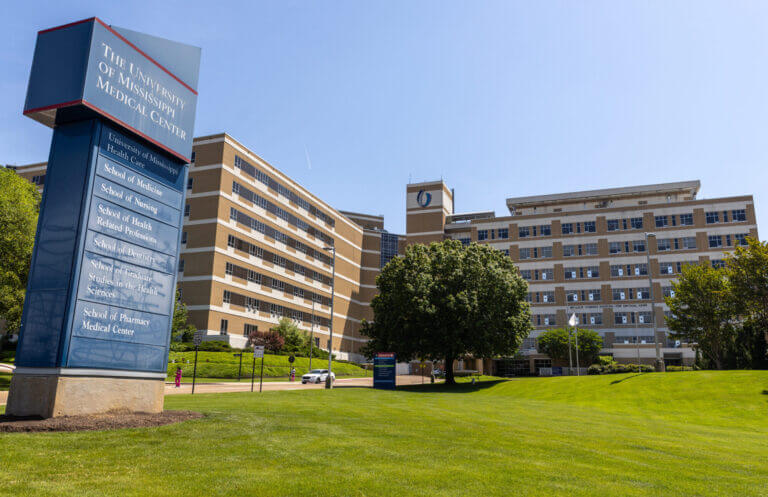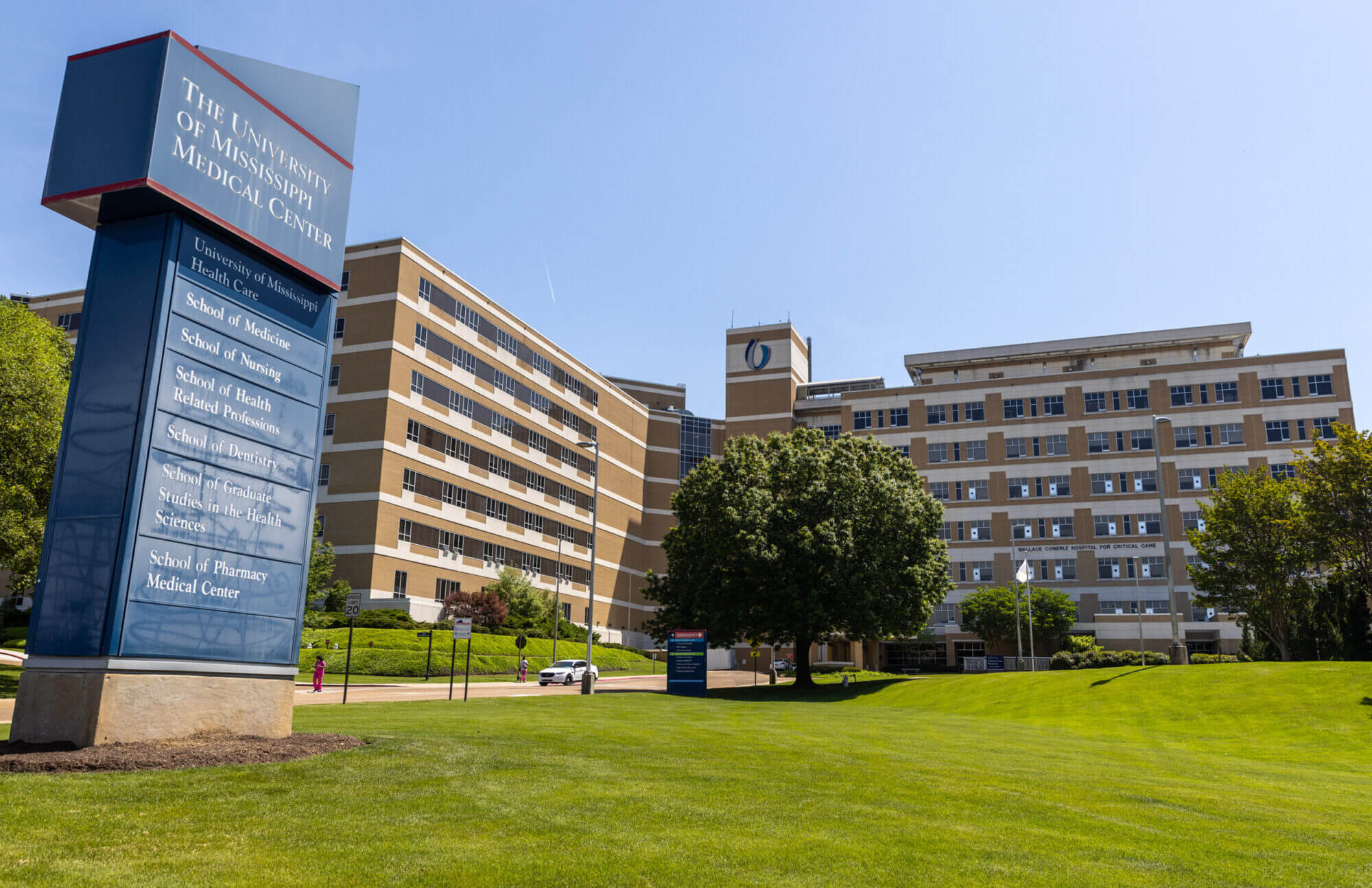

Mississippi universities and nonprofits could lose tens of millions of dollars in federal funding for health research if a Trump administration policy withstands legal challenges.
A federal judge in Boston temporarily blocked the National Institutes of Health’s Feb. 7 plan to slash “indirect cost” rates – the portion of grant funding used for facilities and administration – to 15% after 22 attorneys general sued the Trump administration. Mississippi did not join the lawsuit.
Mississippi universities and other institutions have active grants worth over $97 million, according to publicly available data from National Institutes of Health. Grant funding from the agency directly supported over 1,200 jobs and $220 million in economic activity in Mississippi during the 2024 fiscal year, according to United for Medical Research, a group that advocates for National Institutes of Health funding.
“This agency action will result in layoffs, suspension of clinical trials, disruption of ongoing research programs, and laboratory closures,” wrote the plaintiffs in the lawsuit.
The National Institutes of Health represented lower indirect cost rates as a way to carefully steward taxpayer money in its notice of the change, noting that it is difficult to track how indirect costs are used and that private foundations generally offer grant recipients indirect cost rates below 15%.
It pointed to the Bill and Melinda Gates Foundation, one of the largest funders of health research, which has a maximum indirect cost rate of 15%.
In 2023, the National Institutes of Health spent $35 billion on 50,000 competitive grants that supported 2,500 institutions. A fourth of the funding – $9 billion – went to support indirect research costs.
University of Mississippi Medical Center, the state’s only academic medical institution and the recipient of half of Mississippi’s National Institutes of Health grant funding, has a negotiated indirect cost rate of 55%, meaning the institution receives an additional 55 cents for overhead for each dollar granted for research funding. Slashing this rate to 15% overnight would have drastic implications for the institution.
The University of Mississippi Medical Center’s 64 active National Institutes of Health grants total $49 million and support cancer, maternal and infant health and health disparities research. The funding also supports the Jackson Heart Study, the largest-ever study of cardiovascular disease in Black Americans.
A spokesperson for the University of Mississippi Medical Center said the institution is monitoring the situation but declined to comment further.
A press release published by the medical center in 2023 indicated that National Institutes of Health grants account for over half of all research funding at UMMC.
“Without NIH funding, we would never have been able to make substantial advances in understanding the pathophysiology of major diseases such as hypertension, heart failure, obesity, diabetes and chronic kidney disease,” Dr. John Hall, the chair of the Department of Physiology and Biophysics, said in the 2023 press release.
Mississippi State University and the University of Mississippi each currently have active National Institutes of Health grants worth over $8 million. Grants at the universities support studies of opioid addiction, infertility and viral infections.
The University of Mississippi said it is operating normally in light of the judge’s temporary order barring the new policy, but did not respond to questions about its indirect cost rates or how the cuts could impact its research faculties. Mississippi State University did not respond to a request for comment.
Other recipients of National Institutes of Health grant funding in Mississippi include universities, My Brother’s Keeper, a nonprofit with a focus on health disparities in Mississippi, and Delta Health Alliance, a nonprofit that works to improve access to health services in the Delta.
Leaders of research institutions in other nearby states have been vocal about the impact the cuts could have on their states.
Louisiana State University’s vice president of research and economic development said the impact of the proposed cuts would be “devastating,” reported Louisiana Illuminator.
The cuts will “mean fewer new treatments will get to children and therefore that fewer children will be saved,” said Dr. Charles Roberts, the director of the St. Jude Comprehensive Cancer Center, in a post on the hospital’s X account.
The post Mississippi could face health research funding cuts under Trump administration policy appeared first on Mississippi Today.
- UMMC keeps clinics closed and cancels elective procedures Monday and Tuesday amid recovery from cyberattack - February 22, 2026
- With school choice, what about the students left behind? - February 22, 2026
- Scott Colom raised most money, but Cindy Hyde-Smith has most cash before March primary - February 21, 2026